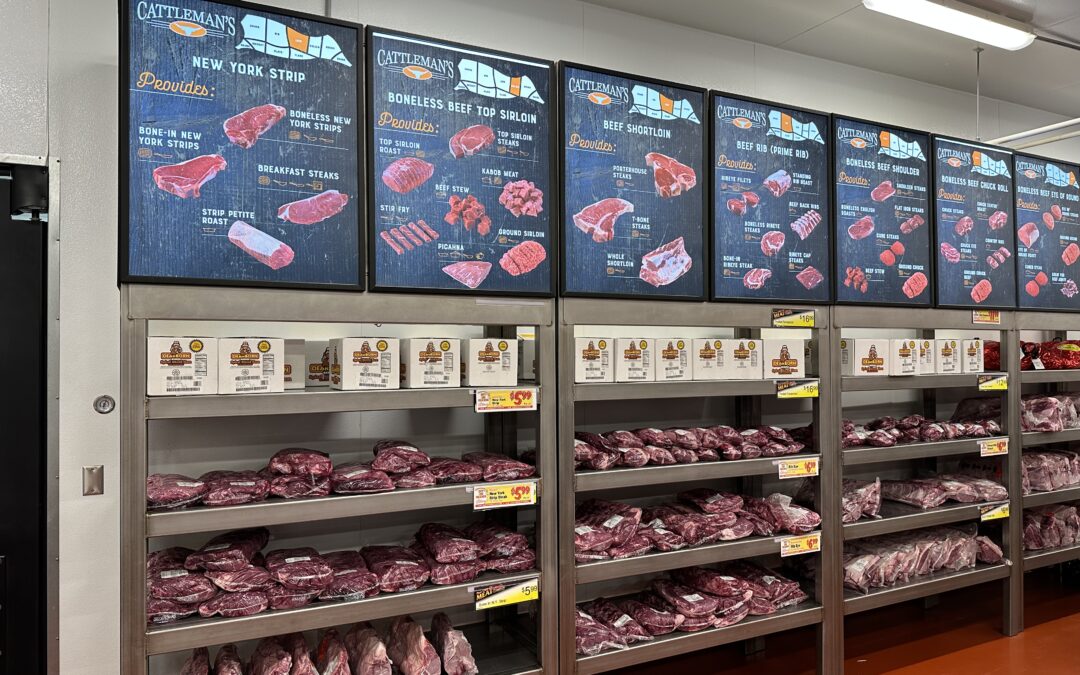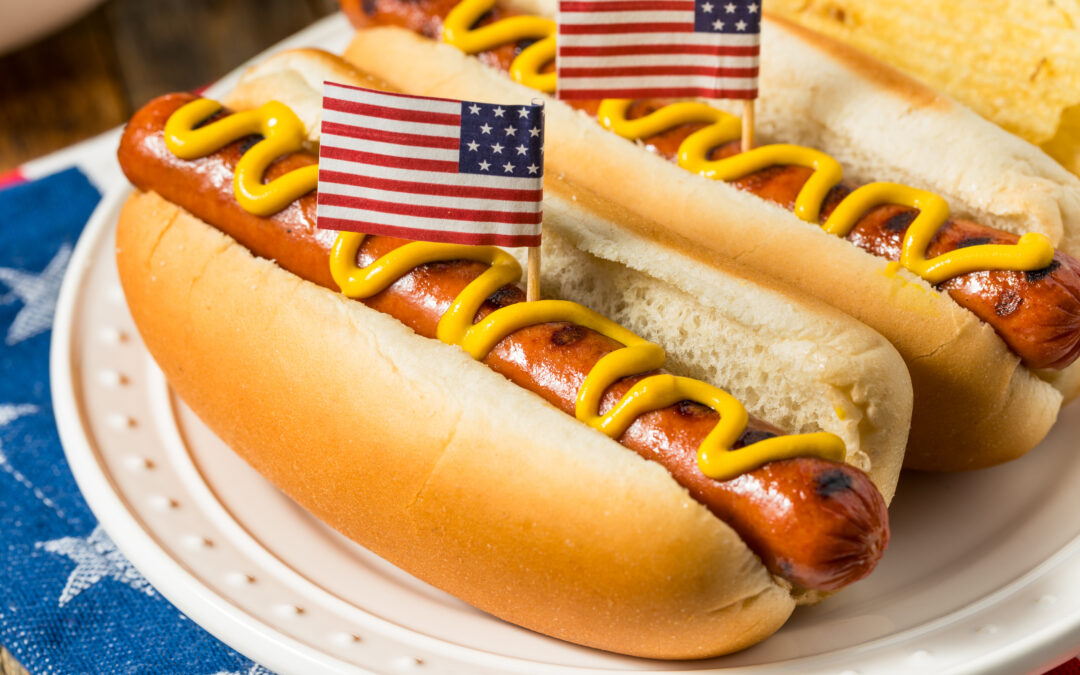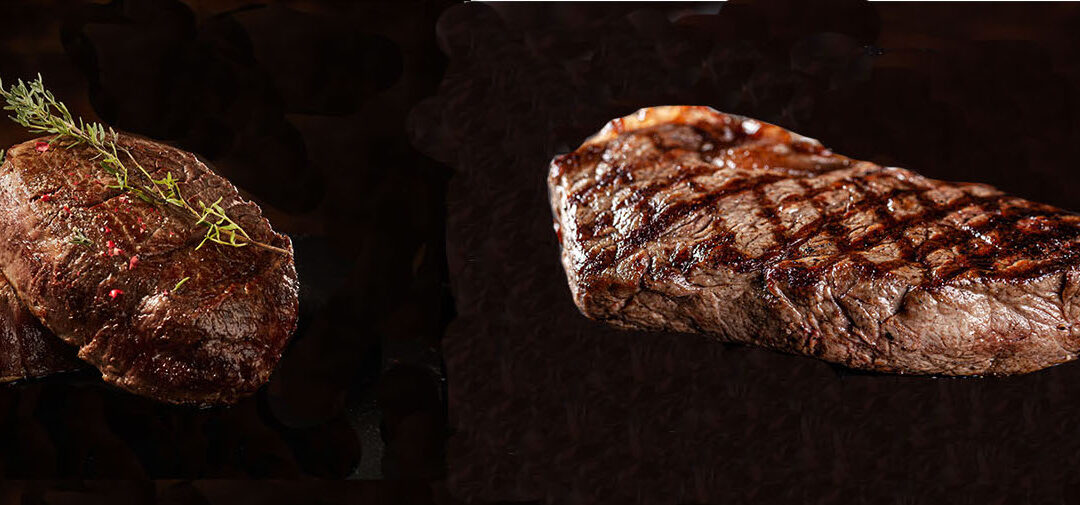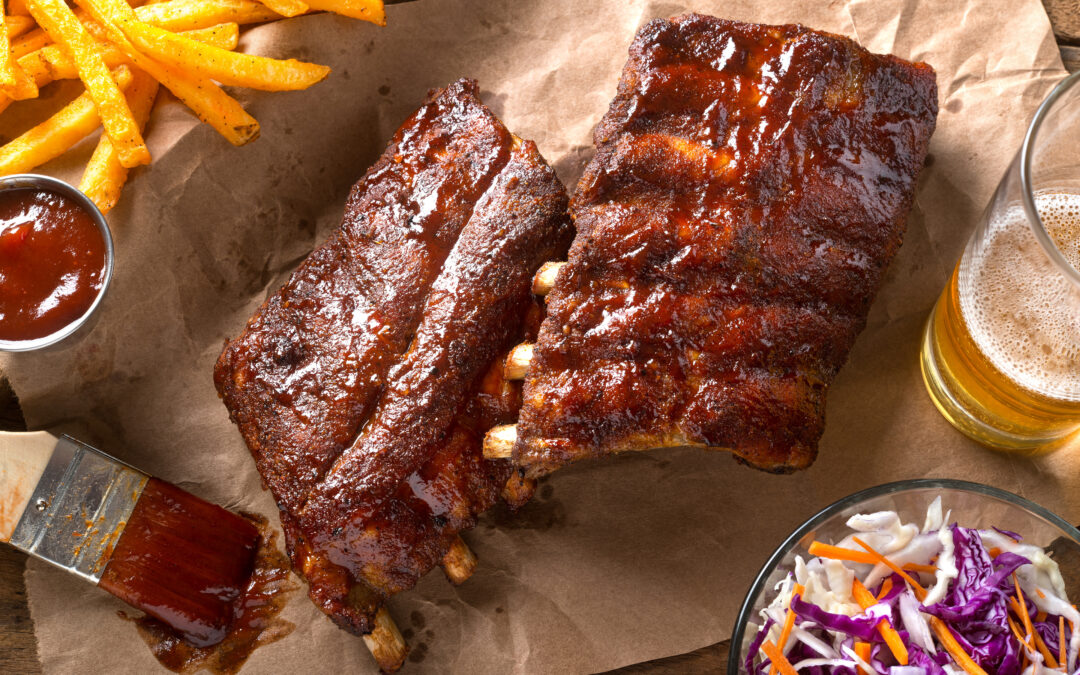Are your grilled chicken breasts a bit dry?

Maybe a bit tough?
Do they seem to lack flavor?
We have your “solution”.
And that solution is…
A brine.
Even if you’ve heard about brines, you’ve probably associated them with Thanksgiving Day turkeys because starting as early as September, the food channels, Chef radio interviews and nearly all the magazines at your supermarket check-out line supermarket are talking about brines.
Exactly what is a brine?
Quite simply, a brine is a liquid solution meant to “hydrate” the meat you’ll eventually cook.
Quite simply, it’s a liquid mixture of water, to which salt, sugar and herbs and spices are sometime added for additional flavor.
Why hydrate meat?
We’ve all heard the stories the we’re composed of about 70% water.
Not coincidentally, so is a chicken breast. Bone-in or boneless.

In the case of a chicken that you buy, and that you’re going to grill, there is already a loss of some of this water from the time it’s butchered, until it ends up in your shopping cart.
We’re already starting from behind.
The idea behind a brine is to replace the fluids that a meat loses during its processing and holding time.
Do bones, fat, and skin help retain some of this moisture while cooking?
Not much.
Unfortunately, a chicken breast has no real fat covering, and a thin skin to boot. On the opposite side, there’s a rather thin rib cage section, which, is somewhat helpful.
Not so helpful, is that white meat is leaner than dark meat.
Strike 2.
Having set this whole scenario for you, what can you do to grill the juiciest and most flavorful chicken breasts?
- Buy fresh, not frozen chicken.
If you’ve ever frozen water in your home freezer, you’ve probably noticed something. Liquid water expands when it freezes.
And the water within the small cells of a chicken breast do too.
What happens then, is that the fleshy cell walls that are full of water, expand, then they burst open. Then the whole thing freezes solid.
When thawed, the cells, once full of water, drain out all that wonderful juice onto your counter like a burst water balloon.
Not good.
- Brine your chicken.
Sound strange?
You may not be aware, but while you’ve been doing other things in your life, nearly ALL of the fried chicken places along the major roads you drive every day, brine their chicken before flouring, and then frying them for your waiting appetite.
Yep.
They know, as do we, that brining is an ESSENTAIL step in replacing the water and tasty fluids that were lost during processing.
Like a sponge, the chicken meat re-absorbs all the liquid brine it can handle before it is then lifted from its flavor bath, floured and fried or char-grilled.
You love it, and restaurants love that you love it!
They just don’t talk much about it.
How do you brine a chicken?
As mentioned earlier, a brine mimics the fluids the chicken breast once had.
So, let us give you an all-purpose brine solution for you to use for chicken breasts.
This amount of brine is good for about 2 to 3 decent size, bone-in chicken breasts or 3 or 4 average skin-on boneless breasts.
1 Quart Warm Water
4 Tablespoons Kosher or Sea Salt
2 Tablespoons Soy Sauce
2 ½ Tablespoons Light Brown Sugar
OPTIONAL: Sprig of fresh thyme, black peppercorns, a pinch of sage or poultry seasoning, granulated garlic or granulated onion.
- Stir all ingredients together making sure the sugar and salt is completely dissolved.
- Chill this brine before using it for your chicken breasts.
- Leave the breasts in the brine a minimum of 2 hours and up to 6 hours. Be sure to do your best to keep the breasts submerged in the brine and keep it all under a cover of plastic film.
- When the brining is complete, remove the breasts, pat dry with a paper towel, season and then grill over medium heat.
Additional Tips:
Hold off on the high heat. High grilling temperatures might give you the instant gratification of a browned piece of chicken on your grill but that soon turns into a burnt and dried-out piece of meat before it’s fully cooked to 165 F.
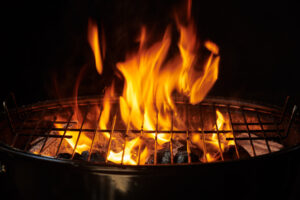
Slow it down.
As they say, it’s not a sprint, grilling chicken breasts is more of a marathon to get that perfect doneness with juices and flavor still left to enjoy.
And like most all meats cooked over dry heat (your grill), once your chicken breasts are cooked, allow them to rest 5 to 10 minutes (while tented), to allow the juices to fully be reabsorbed evenly throughout.


